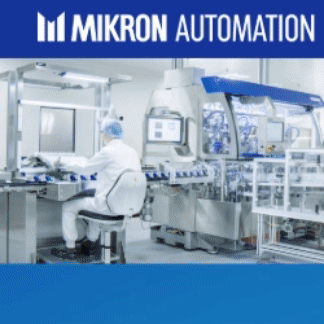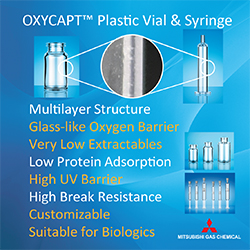Athira Pharma Announces Preclinical Data Highlighting Fosgonimeton Treatment in Models of Alzheimer’s Disease
Athira Pharma, Inc. recently announced the publication of preclinical data supporting the therapeutic potential of fosgonimeton in Alzheimer’s disease. The original research article, Fosgonimeton Attenuates Amyloid-Beta Toxicity in Preclinical Models of Alzheimer’s Disease, authored by Reda, S., et al., was published in the peer-reviewed journal, Neurotherapeutics. Fosgonimeton is a potentially first-in-class, once daily, subcutaneously administered small molecule drug candidate designed to enhance the neurotrophic hepatocyte growth factor (HGF) system, and is in development for neurodegenerative disorders, including Alzheimer’s disease.
“These data continue to highlight the potential of fosgonimeton as a novel therapeutic approach for Alzheimer’s disease targeting multiple facets of its complex pathophysiology,” said Kevin Church, PhD, Chief Scientific Officer of Athira. “By positively modulating the HGF signaling system, fosgonimeton demonstrated neuroprotective and neurotrophic effects, countering mechanisms of amyloid-beta (Aβ)-induced toxicity both in vitro and in vivo. Our preclinical findings describe several mechanisms by which fosgonimeton may disrupt the neurodegenerative cascade of Alzheimer’s disease downstream of Aβ toxicity, including reduction of mitochondrial oxidative stress and excitotoxicity, improvement of autophagic pathway function, and attenuation of tau hyperphosphorylation.”
Key findings reported in the study publication regarding fosgonimeton in preclinical models of Alzheimer’s disease include:
- In primary rat cortical neurons challenged with Aβ, fosgonimeton treatment improved neuronal survival, protected neurite networks, and reduced tau hyperphosphorylation following Aβ injury.
- Fosgonimeton attenuated Aβ-induced mitochondrial stress and apoptotic signaling.
- Fosgonimeton enhanced activation of pro-survival effectors extracellular signal-regulated kinase (ERK) and protein kinase B (AKT). It also reduced activity of glycogen synthase kinase 3 beta (GSK3β), one of the main kinases involved in tau hyperphosphorylation.
- Fosgonimeton mitigated Aβ-induced deficits in Unc-like kinase 1 (ULK1) and Beclin-1 expression, suggesting a potential effect on autophagy.
- Fosgonimeton improved cognitive performance in an Aβ rat model of Alzheimer’s disease.
“There is an urgent need for new treatments that tackle the multifactorial pathologies of Alzheimer’s disease (AD), especially for people with mild-to-moderate AD, an advanced stage of the disease,” said Mark Litton, PhD, President and Chief Executive Officer of Athira. “These preclinical data published in a peer-reviewed journal suggest that fosgonimeton counteracts aspects of AD pathology that lead to neurodegeneration. These findings bolster our confidence in the Phase 2/3 LIFT-AD trial evaluating fosgonimeton in mild-to-moderate AD, with data anticipated in the second half of 2024.”
The article is available on the Neurotherapeutics website and from the Scientific Publications & Presentations page of the company’s website at www.athira.com.
Fosgonimeton is a potentially first-in-class, once daily, subcutaneously administered small molecule drug candidate. Targeting the protection and repair of neuronal networks, fosgonimeton has disease-modifying potential to address a broad range of neurodegenerative diseases, including Alzheimer’s disease, Parkinson’s disease, and dementia with Lewy bodies.
Athira Pharma, Inc., headquartered in the Seattle, Washington area, is a late clinical-stage biopharmaceutical company focused on developing small molecules to restore neuronal health and slow neurodegeneration. Athira aims to alter the course of neurological diseases by advancing its pipeline of therapeutic candidates that modulate the neurotrophic HGF system, including fosgonimeton, which is being evaluated for the potential treatment of mild-to-moderate Alzheimer’s disease in the Phase 2/3 LIFT-AD trial that is expected to report topline data in the second half of 2024.
Total Page Views: 228













